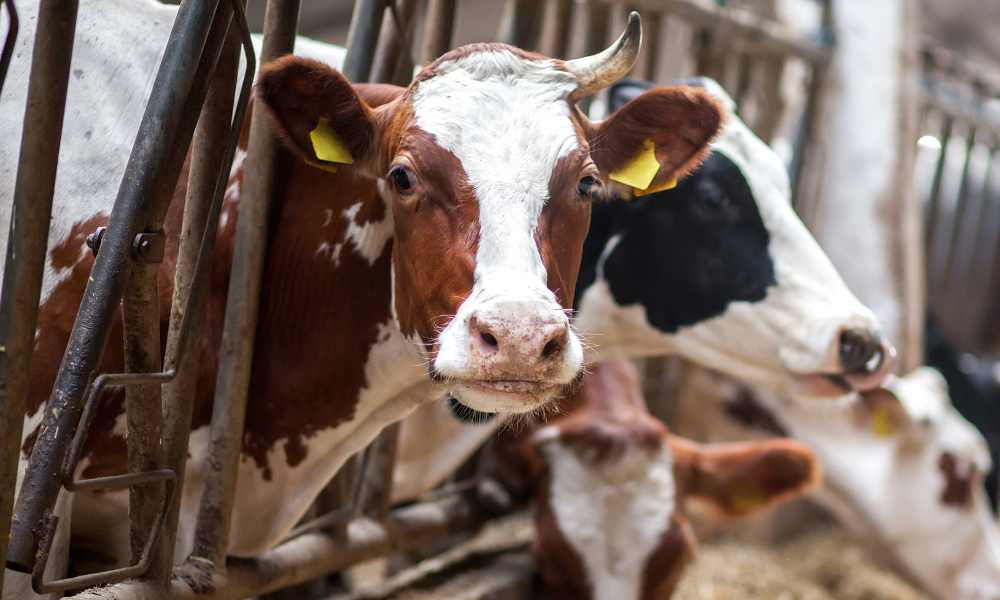Research into the environmental impact of raising cows for people’s food may have been sabotaged — and animal agriculture’s contribution to climate change drastically underreported — following pressure from meat and dairy lobbyists, according to a new investigation from The Guardian.
The UK-based news outlet interviewed 20 former and current officials with the UN Food and Agriculture Organization (FAO), who alleged that their efforts to research the connection between climate change and methane emissions from farmed cows was discouraged, censored, and sabotaged.
The scientists also alleged that methane emissions from cows — already recognized as a leading cause of climate change and warming temperatures — may have been seriously underrepresented for decades following pressure from lobbyists after a controversial report called “Livestock’s Long Shadow” came out in 2006.
“It was always an uphill struggle getting the documents you produced past the office for corporate communications and one had to fend off a good deal of editorial vandalism,” one ex-official alleged to The Guardian.
Independent studies regarding those findings estimate that officials may be underestimating methane emissions from livestock by up to 90 percent in some countries, including the United States.
Anne Mottet, the FAO’s livestock development officer, denied that pressure from animal agriculture had influenced research. She said the agency stood by its numbers, which she claimed resulted from “access to better data and tools.”
“Livestock is part of the FAO’s strategy on climate change and we work with governments and farmers and industry on this program as well,” Mottet told Mother Jones. “We can’t ignore the main actors of the sector but there has been no particular pressure from them.”
The FAO reported that livestock production was responsible for 18 percent of global emissions in 2006. That reported contribution fell to 14.5 percent in 2013 and currently is being reported at 11.2 percent, according to the FAO.
Meanwhile, other studies estimate global greenhouse gas emissions from animal products likely are closer to 20 percent and may be as high as 28 percent.
The FAO’s use of modeling instead of verifiable monitoring data was criticized in a recent paper by Matthew Hayek, an assistant professor in environmental sciences at New York University.
“Models are only estimates that need to be constantly validated, and there’s been an alarming lack of validation over the now decades,” Hayek told The Guardian.
Climate change is increasingly being recognized as a major threat to the survival of many imperiled species — including polar bears, whales, giraffes, bumblebees, coral reefs, and monarch butterflies.
As an immediate way to help protect these precious beings, please choose delicious plant-based options today and every day!







